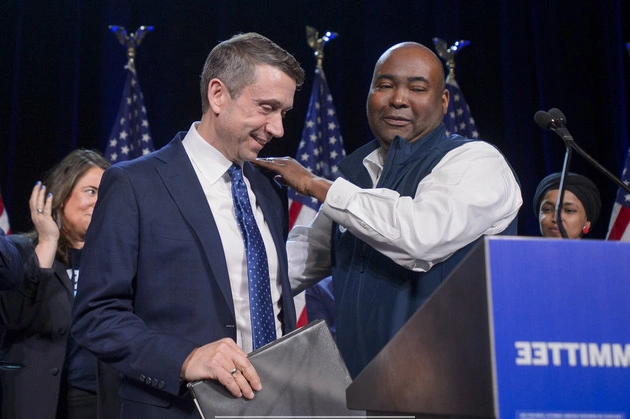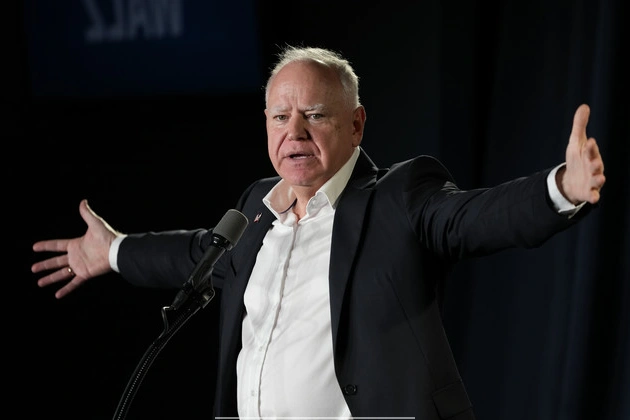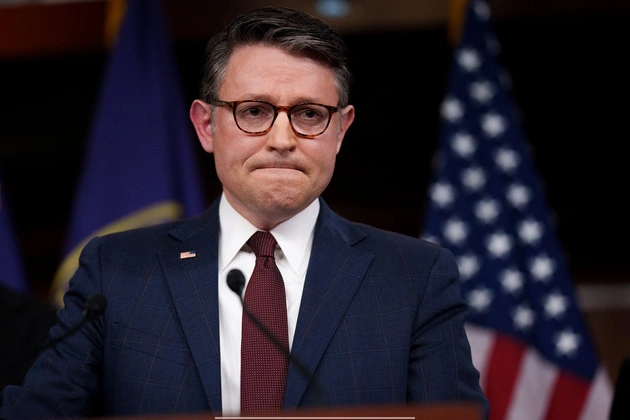
Ken Martin and Kamala Harris emerged as key figures in the recent Democratic National Committee (DNC) chair election, highlighting a shift in party dynamics. While Martin secured the position, Harris’s strategic moves and support garnered attention.
Key Takeaways from the DNC Chair Election
The DNC’s choice of Martin over establishment favorite Ben Wikler signaled a desire for change within the party. Martin’s emphasis on maintaining the party’s current direction contrasted with Wikler’s promise of a significant overhaul.
Notably, Harris refrained from endorsing any candidate publicly, showcasing a nuanced approach to party politics. Her popularity and influence within the DNC underscored her pivotal role in future party developments.
Impact on Billionaire Donors and Party Insiders
The DNC’s rejection of billionaire-backed candidates like Wikler highlighted a growing disconnect between party elites and grassroots members. Prominent figures like Reid Hoffman and George Soros faced setbacks, indicating a shift in power dynamics.
In contrast to the establishment’s preferences, Martin’s election emphasized a desire for inclusivity and grassroots support. The decision to elect Martin, a seasoned tactician, reflected a strategic move towards aligning with the party’s core values.
Looking Towards the Future
As the DNC transitions under Martin’s leadership, questions arise about the party’s future direction. The absence of women and people of color among front-runners raised concerns about diversity and representation within party leadership.
Harris’s strategic alliances and fundraising commitments position her as a key player in shaping the party’s trajectory. Her ability to bridge ideological gaps and mobilize support signifies a potential shift in party dynamics.
Revisiting the Nominating Calendar
With Martin’s pledge for a fair and transparent nominating process, the DNC faces challenges in restructuring its primary calendar. Controversies surrounding early voting states like New Hampshire underscore the need for strategic decision-making and party unity.
The DNC’s focus on rebuilding and redefining its role in national politics reflects a broader commitment to inclusivity and transparency. Martin’s emphasis on transformation and engagement sets the stage for a new era in Democratic Party politics.















